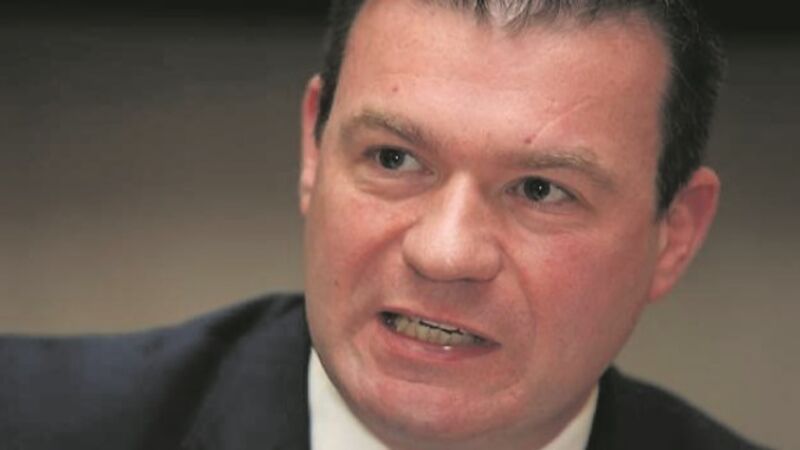Border duty allowance for 710 soldiers ‘absolute madness’, says Alan Kelly

The Department of Defence was heavily criticised for the expenditure yesterday after politicians described the legacy costs as “absolute madness”.
Try from €1.50 / week
SUBSCRIBEThe Department of Defence was heavily criticised for the expenditure yesterday after politicians described the legacy costs as “absolute madness”.
Already a subscriber? Sign in
You have reached your article limit.
Annual €130 €80
Best value
Monthly €12€6 / month
Introductory offers for new customers. Annual billed once for first year. Renews at €130. Monthly initial discount (first 3 months) billed monthly, then €12 a month. Ts&Cs apply.
CONNECT WITH US TODAY
Be the first to know the latest news and updates
Newsletter
Keep up with stories of the day with our lunchtime news wrap and important breaking news alerts.
Sunday, February 8, 2026 - 9:00 PM
Sunday, February 8, 2026 - 7:00 PM
Sunday, February 8, 2026 - 8:00 PM
© Examiner Echo Group Limited